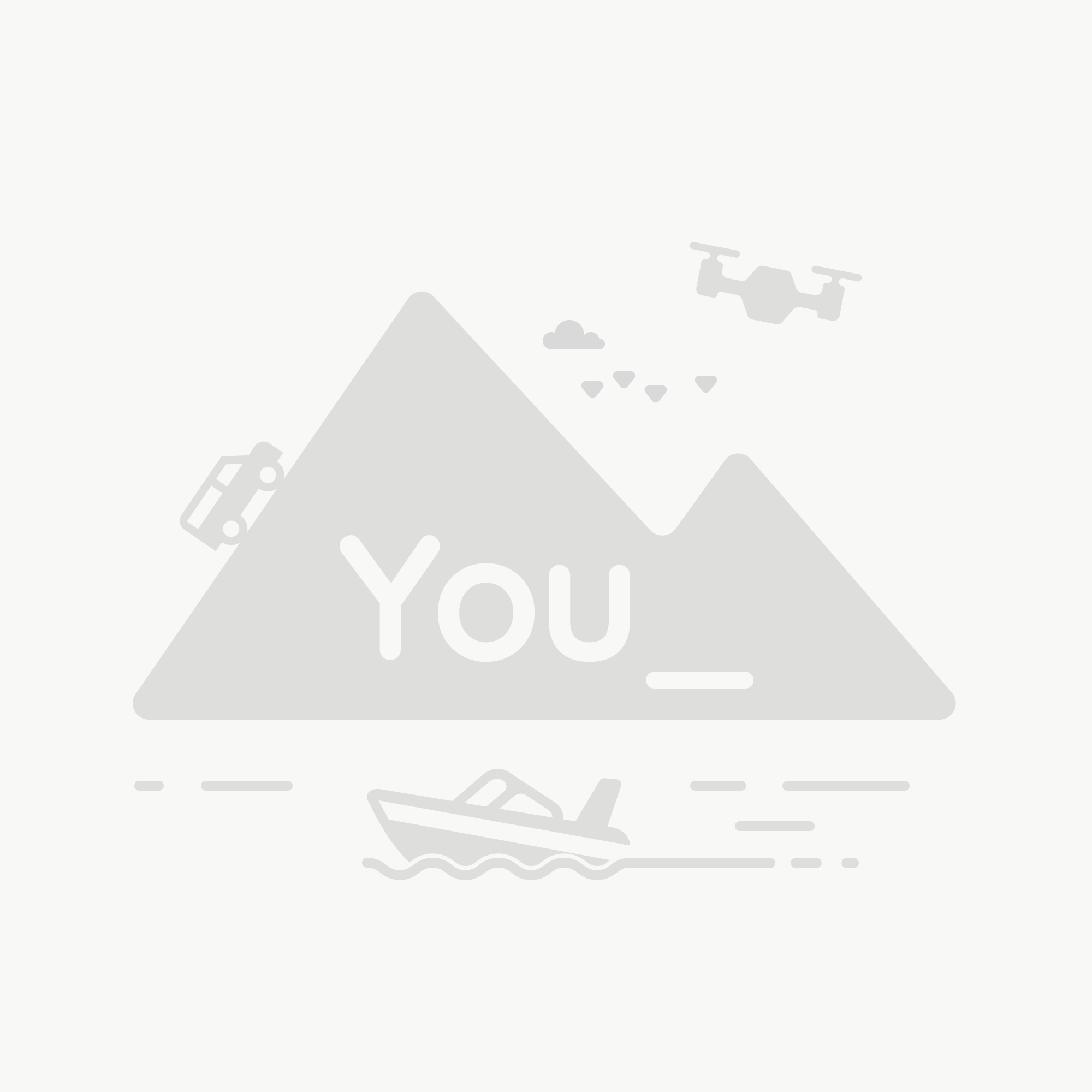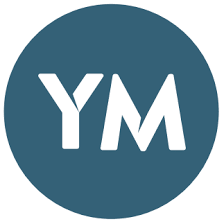Description
Bracket for Waveshare Fisheye Camera in Ultimaker2(+)
In the clamp is a slit, with which it can be mounted on the right
motor cover (at the rear inside the printer). Attached to the clamp
is an arm onto which the housing is mounted, in which the camera is
to be placed.
This will fit in an Ultimaker 2(+).
Parts / Terminology
- clamp (klem): the clamp itself, consisting of 2 plates,
plus the arm onto which the housing of the camera is
mounted.
- the housing, which consists of:
- holder (houder): the bottom part, into
which the camera is placed.
- cap (kap): the top part, which fits
over the holder and camera.
- rotor: the plate sits below the arm of the clamp and the
pin sticks through the holes in that arm and the holder.
- a bolt through the rotor-pin, with washer(s), rubber
ring (for friction) and a square nut in the holder.
Printing and postprocessing
The STL-files are in the orientation I used for printing.
Preferably a high infill percentage (but maybe not 100%, for
tolerances).
For clamp and cap use a brim, for the clamp preferably many lines
(eg 20) because the contact surface with the build plate would else
be too small. With the cap, don't forget to remove the brim inside
the hole for the ribbon that connects the camera.
Probably less postprocessing will be needed with an Ultimker 2+
(better extrusion), but even then the two plates of the clamp may be
melted together (the layers are very small there - maybe reduce
print speed somewhat towards the end). First cut away any excess
material before cutting/prying the plates apart.
Assembly
Stick the pin of the rotor from below through the hole in de clamp
arm and place the rubber ring over the pin.
Place the square nut in the holder, put a washer around the bolt,
stick the bolt from below through the holes in the rotor and the
holder and screw it into the nut. How thight you do this determines
how easily the camera wil turn (can be adapted later). The bolt
should not stick out too far inside the holder, else it might get in
the way of the camera lens. If needs be use more washers.
Place the camera in the holder, with the ribbon at the top, stick
the ribbon through the cap, place the cap over the holder and if so
desired stick the ribbon through the slot in the back of the cap.
Slide the clamp onto the left side of the motor cover at the back
right top corner inside the printer.
Basic position
Place the clamp on the motor cover in such a way that de plates are
vertical. The arm is tilted 30° forward and the end 30° up.
Because these angles are the same, if the camera is turned 45°,
the view will be level. It will then also point to roughly the
centre of the build plate.
If the clamp is shifted all the way to the back, there is an overlap
of about 2 mm with the print head when it is all the way at the
right and back. So this should be prevented when printing (also for
travel moves and a wipe/prime tower). In that position, however, the
motor cover is in the field of view of the camera, and with large
prints the build plate will disappear from view (although this will
likely not be a problem - seeing the nozzle is more important). This
can be avoided by moving it 1 cm forwards. Of course, this will
increase the overlap between the housing and the moving space of the
print head, although in most cases that will still not be a problem.
Variations
- shift the clamp (described above)
- tilt the clamp (x-rotation)
- turn the camera (z-rotation)
- tighten/loosen the bolt
If the camera is turned, the view will be somewhat tilted. This can
be compensated for by tilting the bracket - forward if the camera is
rotated more to the front and backward if it is rotated more to the
rear of the printer.
When tilting backward, the cap might touch the axis, but also the
slider blocks if the print head is in the rear position. Wich
includes the start/end-position at the left rear. So move the print
head there before tilting the camera.
How tight the bolt is fastened determines how easily the camera can
turn.
gcode
The gcode provided is sliced for Ultimaker 2(+), PLA, 0,4 mm nozzle.
Comments
You need to be signed in before commenting.
No comments yet, be the first
Join the conversation! Your voice matters. Share your thoughts, ideas, and feedback with us. Let's build a community together.

 Free
Free